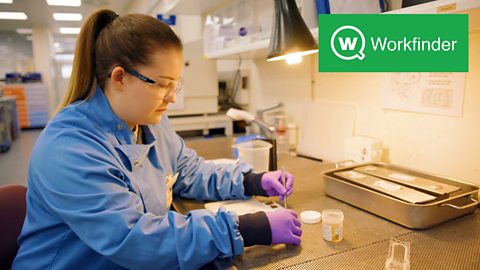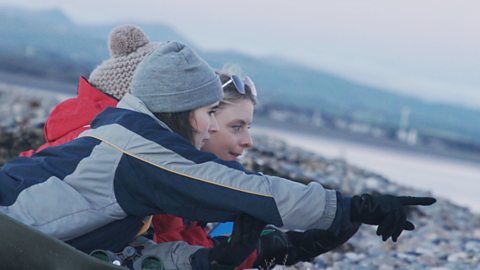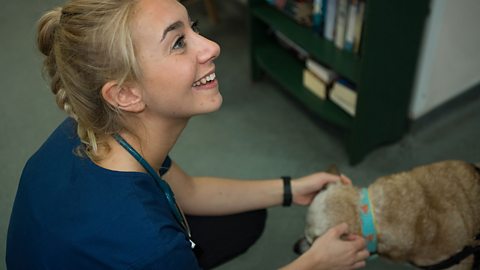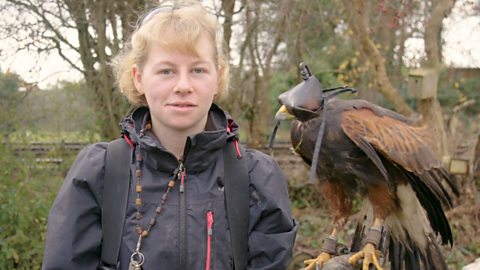Meet Lauren, 26, a science officer from Southampton, who uses scientific data to help achieve healthy water ecosystems.
Lauren:
Hi, I'm Lauren. I'm 26 and I'm a science officer for salmon and trout conservation. As a science officer for salmon and trout conservation, it's my job to make sure that we have the information we need to protect our waters. We use salmon and trout as an indicator species, so they are representative of a healthy water environment. We would come down to a river spot like this. We would find suitable monitoring spots and I would take GPS locations, photos and then we will send in another company who will collect more high resolution data on the area, such as collecting insect samples. If there are certain types of pollution in the water, different species of bugs won't be there. If there are no bugs, then there's nothing for the wild fish to eat, so that means no salmon and trout.
So my love of David Attenborough Blue Planet documentaries really shaped what I did at school and so I did sciences at GCSE. I then went on to doing Biology, Chemistry and Maths at A-level. I got good enough grades to get onto a Marine Biology degree and then after that I went on to do a master's in Fishery Science. I think I've brought a lot of uniqueness to the role through my creativity. Sometimes I get to transform the data into graphics, which we use on the website or on social media to raise awareness about what we do and why it's important.
Lauren's colleague:
Having science that influences government policy is one thing, but actually getting that across to an audience that doesn't understand all the, you know, the data and the crunching is extremely important. I think Lauren's been a huge help to us in in achieving that objective.
Lauren:
I love what I do, because I get to make a positive difference to water environments every day. It really is an honour to safeguard them for future generations to come.
It is an honour to be part of protecting something as incredible and important as the natural world.
- Lauren works to protect the natural environment by analysing data on river wildlife and using it to improve water policies
- She loved Science and watching David Attenborough on Blue Planet when she was younger
- This passion encouraged her to study Science and Maths at A-level, then Marine Biology and Fisheries Ecology at university.

Lauren is a science officer. A similar role a science officer is an ecologist. Ecologists study the relationship between plants, animals and the environment.
What to expect if you want to be an ecologist
- Ecologist average salary: £22,000 - £42,000 per year.
- Ecologist typical working hours: 39 to 41 hours per week. You could work evenings and weekends occasionally.
What qualifications do you need to be an ecologist?
You could get into this role via a university course or a degree apprenticeship. You'll usually need two to three A-levels, or equivalent, for a degree or degree apprenticeship. Alternatives to A-levels include taking a T-level (England-only), which is equivalent to three A-levels. Check with your course provider which alternative qualifications they accept.
Sources: LMI for All, National Careers Service, GOV.UK
This information is a guide and is constantly changing. Please check the National Careers Service website for the latest information and all the qualifications needed and the GOV.UK website for more on T-levels.
For careers advice in all parts of the UK visit: National Careers Service (England), nidirect (Northern Ireland), My World of Work (Scotland) and Careers Wales (Wales).


Work experience in your area
Find work experience placements with Workfinder.
Tips and advice
Help with interviews, writing a CV and all things work experience related.


Jade: apprentice conservation officer. video
Jade's apprenticeship focuses on helping the environment to thrive as much as possible.

Lucy: vet
Lucy uses her knowledge of Biology in her job as a vet.

Florrie: bird of prey specialist. video
Florrie runs her own falconry business.
